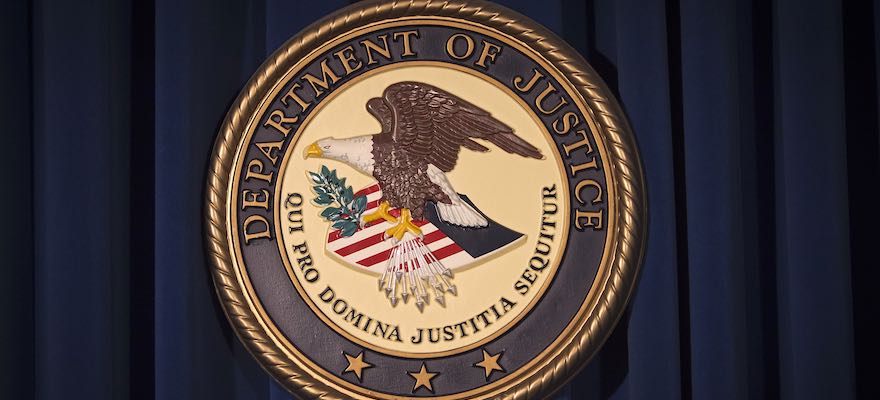The Royal Bank of Scotland (RBS), a UK banking group, has reached an agreement with US lawmakers to pay $4.9 billion to settle an investigation into its US mortgage bond services. The announcement comes in the wake of RBS paying the California state attorney $125 million and the New York state attorney of $500 million to resolve similar investigations.
RBS had been subject to an investigation by the US Department of Justice (DOJ) over residential-mortgage backed securities and other derivatives. The financial crisis of 2007-2008 was in large part due to the implosion of the market for those instruments.
RBS is not the only large banking company to be pursued by US courts. Barclays, JP Morgan, and Credit Suisse are just a few of the firms that have been forced to make settlements with US lawmakers.
The DOJ had been pursuing a criminal investigation into RBS and some of its employees responsible for selling mortgage-back securities. Today’s announcement indicates, however, that the case will remain in civil courts, meaning no criminal charges are likely to be brought against either RBS or its employees.
Paying back the government
The Settlement also means RBS can start to pay back the UK government, who provided the bank with a £45 billion ($61 billion) bailout in 2008. Ongoing litigation meant the bank had been unable to pay dividends to shareholders and prevented increases in its share price.
This meant that the UK government was unable to sell off any of its shares in the company. It can now begin selling off its more than 70 percent stake in the bank, enabling the company to return to private, rather than public, hands. The British government announced in November that it planned to sell off £3 billion ($4.07 billion) worth of RBS shares in the 2018-2019 fiscal year and it looks as if those plans will now go ahead.
RBS claimed that it had already made provisions to pay off $3.46 billion of the settlement with the DOJ. It will make a second payment of $1.44 billion in the second quarter of this year to cover the remaining costs.


















